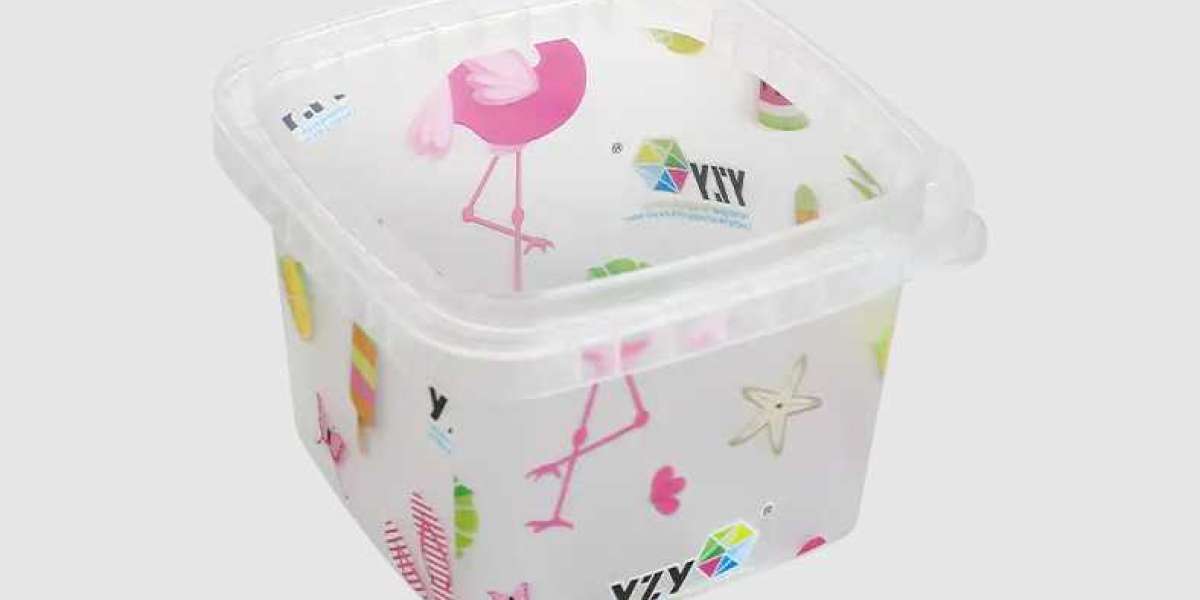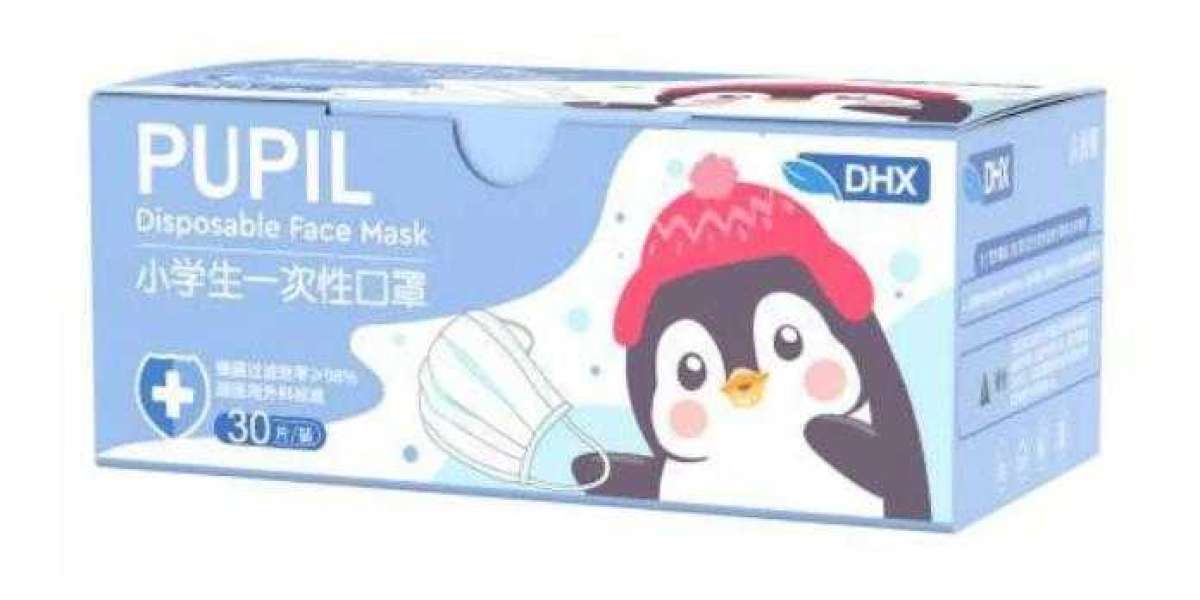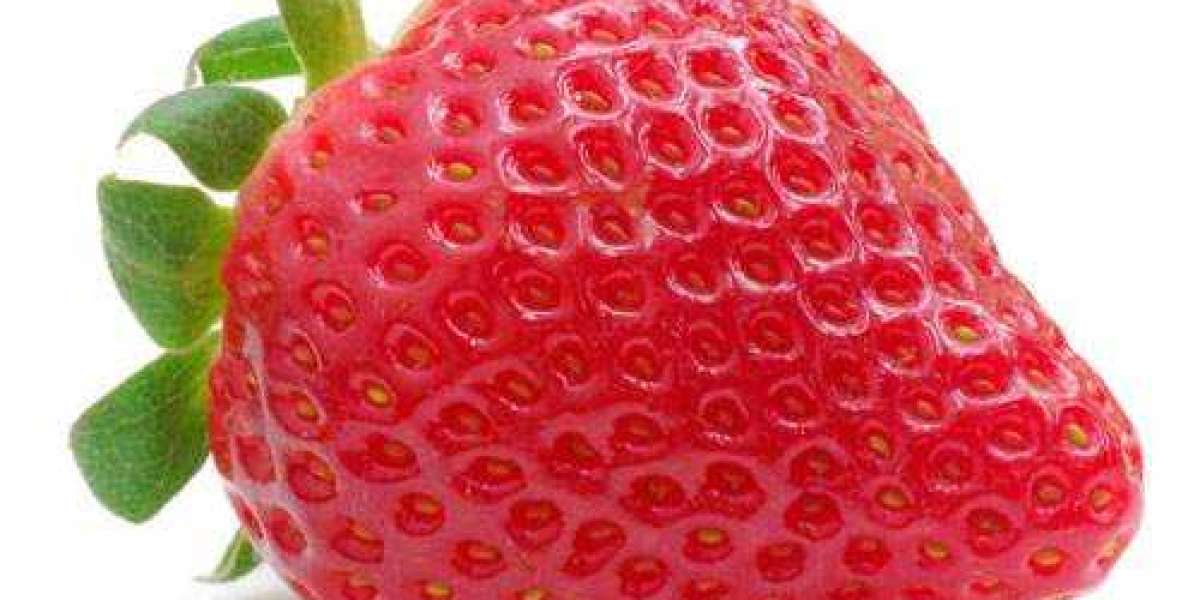As environmental concerns continue to grow, the impact of disposable products, including PP plastic cups, is a topic of discussion. While single-use items often receive criticism, it is essential to understand the environmental aspects of polypropylene and its role in sustainability.
One significant advantage of PP plastic cups is their recyclability. Many communities have established recycling programs that accept polypropylene, allowing consumers to dispose of these cups responsibly. When recycled, PP can be transformed into new products, reducing the demand for virgin materials and minimizing waste in landfills.
Moreover, the lightweight nature of PP plastic cups contributes to lower transportation emissions. Since they are lighter than glass or metal alternatives, shipping and handling require less energy. This factor can positively impact the carbon footprint associated with transporting beverage containers.
To further promote sustainability, some manufacturers are exploring ways to produce PP plastic cups using recycled materials. This innovation not only reduces the need for new plastic production but also encourages a circular economy, where materials are reused and repurposed.
However, it is essential for consumers to be mindful of their choices. Proper disposal and recycling of PP plastic cups can significantly reduce their environmental impact. Educating users about the importance of recycling can foster a culture of sustainability in communities.
In summary, while PP plastic cups are often labeled as disposable, their recyclability and potential for reduced emissions present a more nuanced view. By making informed choices and promoting recycling efforts, consumers can help mitigate the environmental impact of these products.








